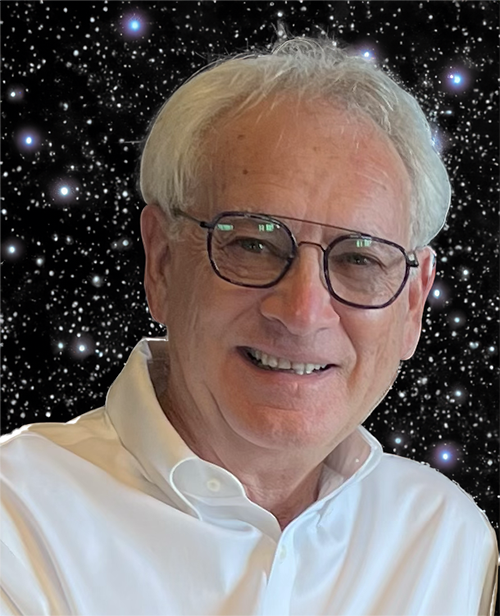Conclusion to the Plato and Young Icarus Series:
Why It’s a Bad Idea to Slow Down Development of AI.
[Editor’s Note: EDRM is proud to publish Ralph Losey’s advocacy and analysis. The opinions and positions are Ralph Losey’s copyrighted work.]
This is the conclusion to the Plato and Young Icarus series. Part One set out the debate in neoclassical terms between those who would slow down AI and those who would speed it up. Part Two shared the story of the great visionary of AI, Ray Kurzweil. Part Three told the tale of Jensen Huang, the CEO and founder of NVIDIA. Part Four shared the story of Yann LeCun, Turing Award winner, hero of France and chief AI scientist of Facebook. In this conclusion we summarize the series in both neoclassical and modern terms, and conclude with a call to action. Fly, Icarus fly!

Summary of the Four Part Plato and Young Icarus Series
Part One. Plato and Young Icarus Were Right: do not heed the frightening shadow talk giving false warnings of superintelligent AI. The inaugural post in the blog series challenges the prevalent skepticism and fear surrounding the development of advanced artificial intelligence. An argument is made for an accelerated pace in AI advancement, drawing inspiration from classical myths and philosophical allegories to frame the debate.
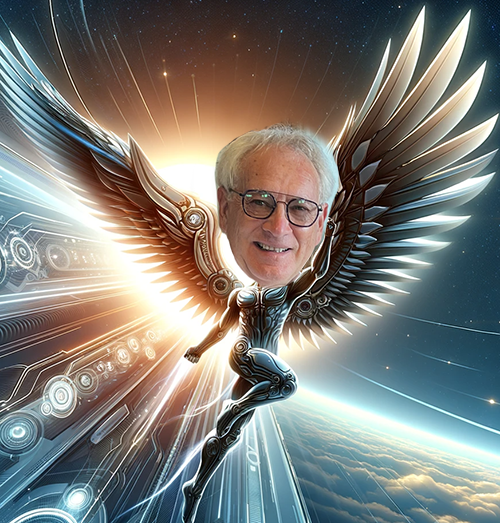
The article challenges the cautious approach of slowing down AI development and urges more technological progress. This is done by invoking the myth of Icarus and Daedalus, and reversing the message to symbolize the triumph of youthful innovation over caution. Like Icarus we should aim for the sun, and reach for greater intelligence. We should strive to overcome our human limitations. Superstitious, fear-driven myths, such as that of the original Icarus, should be cast aside in favor the pursuit of knowledge and progress. This reinterpretation aligns with Plato’s Allegory of the Cave, where escaping the cave signifies breaking free from the constraints of conventional thought and embracing enlightened reason.
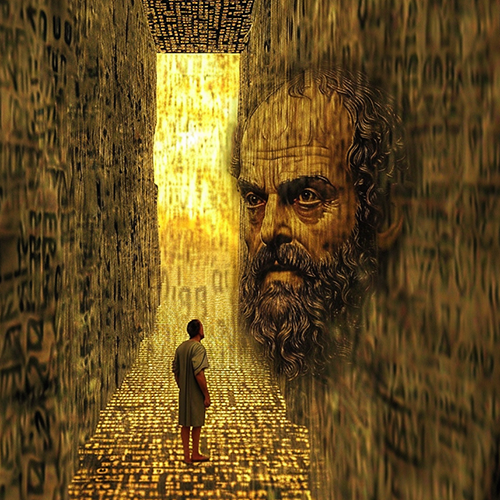
The stance of prominent scientists like Max Tegmark and Geoffrey Hinton, who have expressed reservations about the rapid advancement of AI, is based in part on fear-based speculations. These are shadows in a dark cave. We should focus instead on the very real dangers in the here and now. We need AI’s to solve the problems. AI is not an autonomous creature with potential for malevolence. AI is a tool created by humans to enhance and augment our capabilities. The beginning post acknowledges the necessity for regulation in AI development, but opposes last minute fears and second thoughts. There is no going back now to the darkness of Plato’s cave.
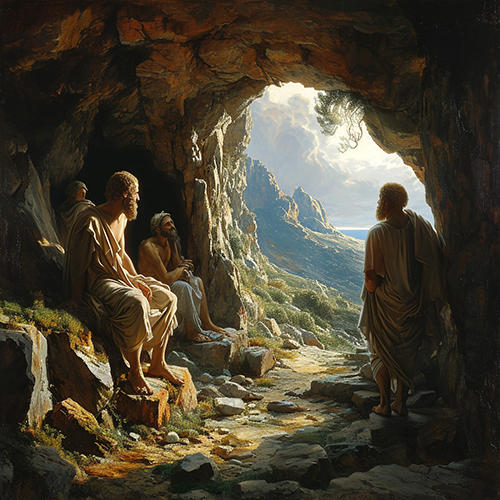
Part Two. Ray Kurzweil: Google’s prophet of superintelligent AI who will not slow down. Ray Kurzweil, a vanguard in the field of artificial intelligence, has long been an advocate for the positive integration of AI into human society. He predicted in 1999 the emergence of general artificial intelligence by 2029. Kurzweil envisions a future where AI serves as an augmentation to human intelligence rather than a threat. He foresees a world where humans and machines merge, leading to new heights of intelligence and creativity. This optimistic outlook sees AI as an enhancer of human capabilities, not a usurper of jobs or a competitor. Kurzweil’s views extend to the practical aspects of AI development; he notably did not sign the Future of Life Institute’s open letter proposing a pause in AI research. He argues that such a pause is impractical and risks hindering progress in vital fields like medicine, education, and renewable energy. He suggests addressing safety concerns in more specific ways that don’t compromise crucial research.
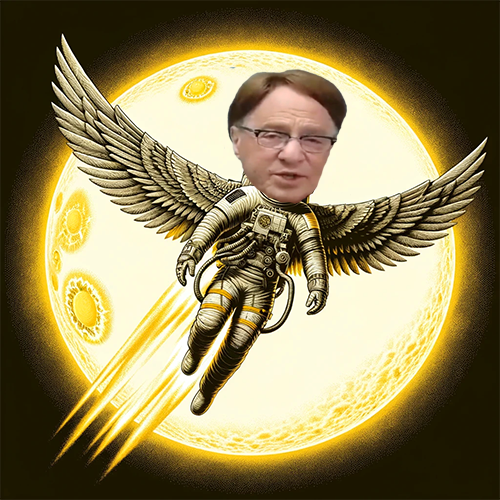
Kurzweil’s optimism about AI extends to its impact on employment. In an interview with Lex Fridman, he dispels fears of job loss due to AI, drawing parallels with historical trends in automation. He points out that, historically, technology has enhanced human capabilities and increased the workforce, contrary to predictions of mass unemployment. Kurzweil emphasizes that our future with AI will not be one of replacement but of merger, enhancing our intellectual capacities exponentially. He predicts that we will develop more efficient interfaces with AI, moving beyond traditional tools like keyboards and smartphones to more advanced, direct connections with our brains.
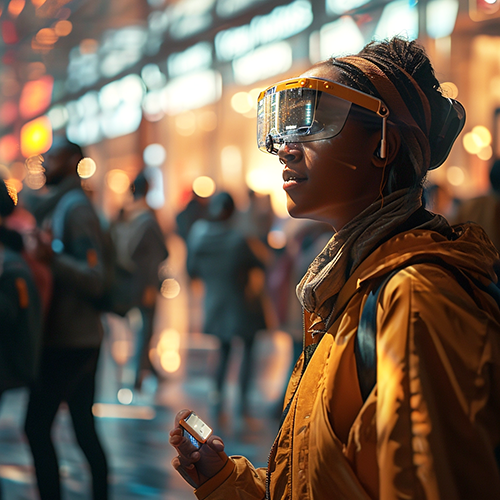
Kurzweil’s message is clear: AI is not an external force but an extension of ourselves, destined to amplify our intelligence and abilities manifold. His vision, backed by his work with Google, is of a future where humans seamlessly integrate AI into their cognition, transforming our interaction with technology and our potential for innovation.
Part Three. Jensen Huang’s Life and Company – NVIDIA: building supercomputers today for tomorrow’s AI, his prediction of AGI by 2028 and his thoughts on AI safety, prosperity and new jobs. In the realm of AI’s impact on society, Nvidia’s CEO Jensen Huang presents a pragmatic and forward-thinking perspective, emphasizing the importance of safety and regulation in AI development, akin to the standards established in aviation and automobile industries. Huang’s views align with the insights of tech visionary Ray Kurzweil, yet are grounded in his own extensive entrepreneurial experience. Addressing the potential dangers of AI, Huang maintains a reassuring stance, likening AI to other technologies like electricity, which, despite inherent risks, have become indispensable in modern life. His approach to AI safety is multifaceted, focusing on areas like robotics, self-driving cars, information integrity, and the protection of artistic rights. Huang advocates for a ‘human in the loop’ approach, particularly in the domain of large language models, to ensure that AI’s learning and evolution are guided and checked by human oversight. This cautious approach is mirrored in Nvidia’s method of developing AI, which involves rigorous data collection, training, testing, and validation before deployment.
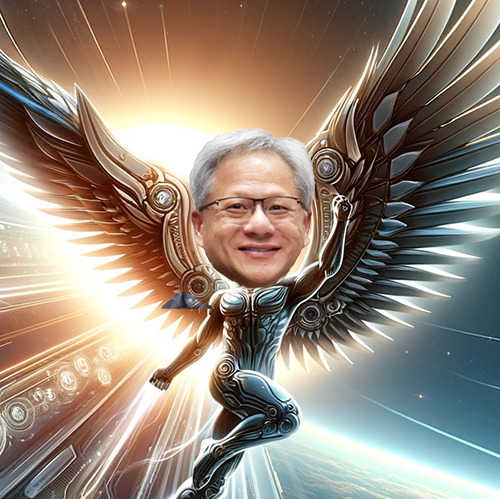
On the topic of AI and employment, Huang again presents an optimistic view. He predicts that AI will lead to more job creation in the near term, driven by the prosperity and expansion resulting from increased productivity. Huang argues that as companies become more successful and profitable due to AI-enhanced productivity, they will expand into new areas, creating more employment opportunities. This perspective challenges the common fear that AI will lead to widespread job losses. Instead, Huang suggests that AI will enable companies to explore new ideas and ventures, thereby generating more jobs. Ralph’s animation of Jensen’s view of automation, using Jensen’s words and voice are shown in this YouTube video.
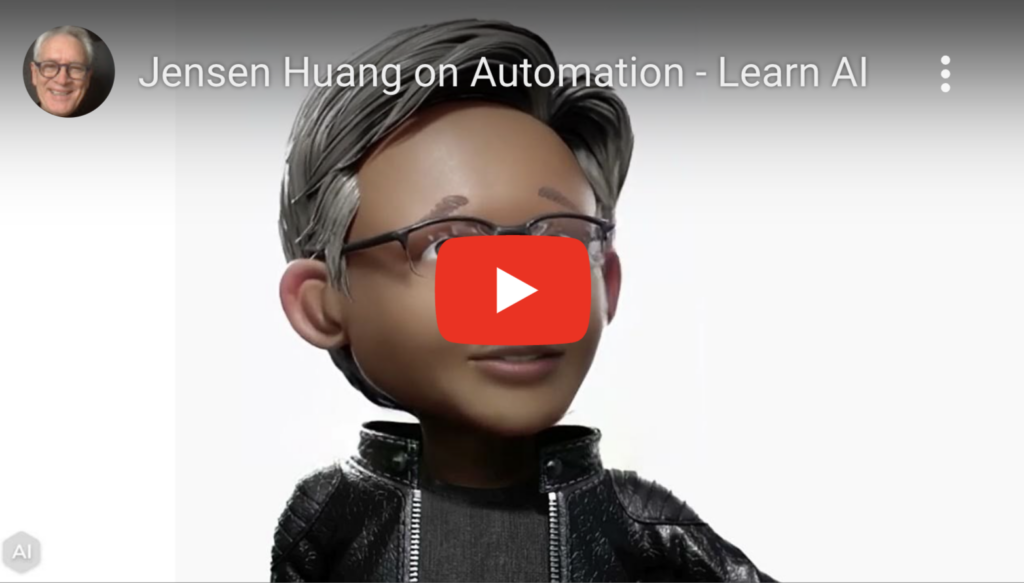
Jensen Huang acknowledges that while specific jobs may be lost, they will likely be replaced by other roles requiring AI proficiency. Thus, Huang emphasizes the importance of learning AI and using AI tools to augment one’s productivity. This view aligns with historical evidence showing that human ingenuity has consistently created new industries and opportunities over time. Huang’s message is clear: embracing AI and its tools is not just a means to adapt to a changing job market, but also a pathway to future prosperity and growth.
Part Four.Yann LeCun: Turing AwardWinner, Chief AI Scientist of Facebook and Hero of France. Yann LeCun received the Turing Award on AI along with Yoshua Bengio and Geoffrey Hinton. They are commonly known as the three Godfathers of AI. In 2023 a striking divergence of views emerged concerning continued AI development. Hinton and Bengio expressed concerns, for the first time, about the pace of AI development and called for a pause of slow down. LeCun disagrees with them and their many followers. He continues to advocate for the accelerated pursuit of AI on an open source basis. Yann LeCun strongly believes in the great potential of AI and its positive impact on society.
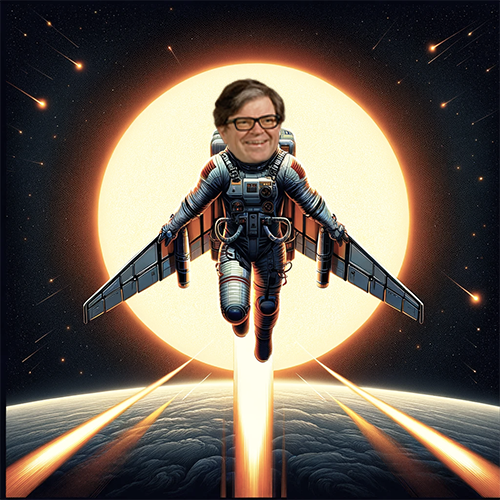
Yann LeCun challenges the prevalent fear-based narratives surrounding AI, arguing that smarter AI systems inherently carry reduced risks. LeCun asserts that AI, as an extension of human intent and control, cannot pose existential threats as depicted in science fiction. Yann LeCun’s arguments are backed by practical examples from his work as lead AI scientist at Facebook, where, for example, AI has been instrumental in improving functions like hate speech detection. Yann’s words are shown in this YouTube video.
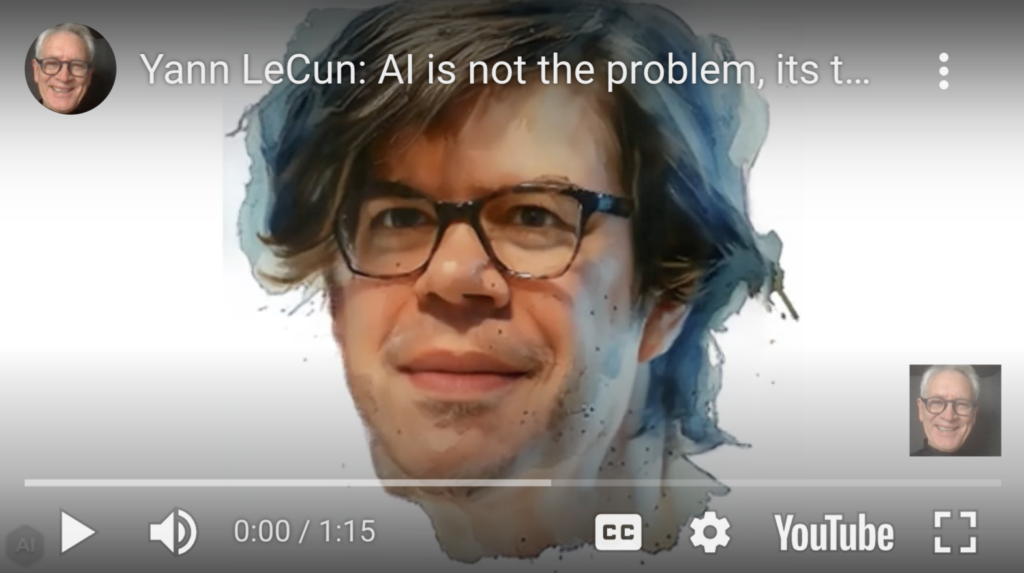
Yann respectfully criticizes his friends and colleagues in the movement to halt or pause AI development as being driven by unrealistic fears. Yann advocates instead for a balanced, open approach to regulation that recognizes both the potential and the challenges of AI. The focus should be on empowering the ‘good guys’ to innovate faster than their nefarious counterparts.
Conclusion and Call to Action
The “Plato and Young Icarus” series is an appeal to embrace the rapid advancement of artificial intelligence and reject fear and skepticism. The cautionary voices of AI veterans like Geoffrey Hinton and Yoshua Bengio, while valuable, should not overshadow the pressing need for advanced AI tools. We need the help of AI to meet the many pressing challenges that humanity now faces.
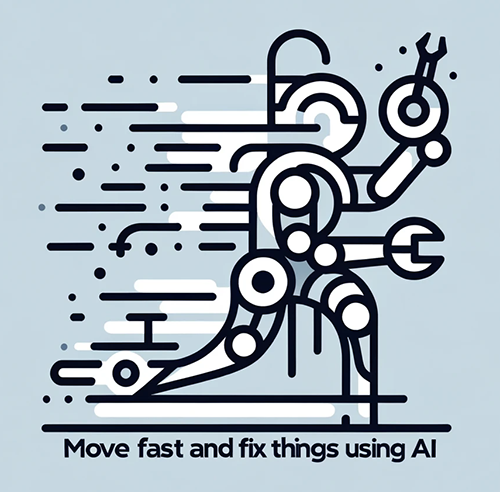
It’s imperative that we not only understand AI but also actively contribute to shaping its trajectory. Whether your background or age – programmer, scientist, technologist, attorney, judge, policymaker, educator, caring parent, or interested citizen – your voice and actions matter. Walk the talk. Lead by fearless example. Connect and enjoy the knowledge and understanding enhancements that AI connectivity can bring.

The journey with Plato and Young Icarus concludes with a cautious return to the shadowy cave. It leads to a compassionate call to action; to education, not fights. Let’s work together to enlighten the shadowy cave. Let’s get the message across that AI is a tool for human empowerment, not a harbinger of doom. Perhaps this time Socrates can prevail at trial. Plato, Apology of Socrates (399 B.C.E.) (Socrates convicted of corrupting the young and “not believing in the gods, but in other new spiritual things.”)
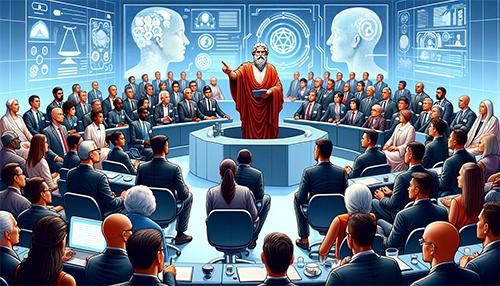
I am inclined to think the dry humor of leaders like Jensen Huang will make a difference. Wit and wisdom are powerful persuaders. There is a good chance that this time, unlike two 2,500 years ago, those who question will prevail.
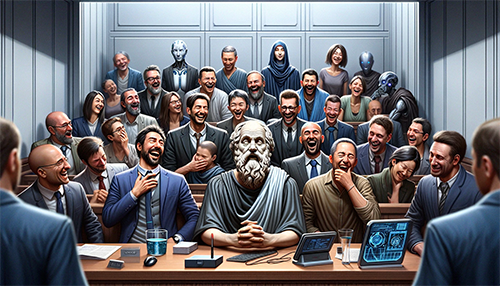
This time polarization can be avoided by using the new AI tools of reason with compassion and humor. This time compromises can be reached to protect society through inclusive, open, practical approaches to government regulation. We can evolve beyond limited animal intelligence and fear.

We can soar towards a future of enhanced human capabilities and understanding. We can innovate too fast for the would be tyrants hoarding yesterday’s AI. We can transcend our current limitations and forge a better future. The narrative of Icarus, reimagined in this series, symbolizes this journey – not as a tale of hubris and downfall, but as a testament to human aspiration and the transformative power of technology.
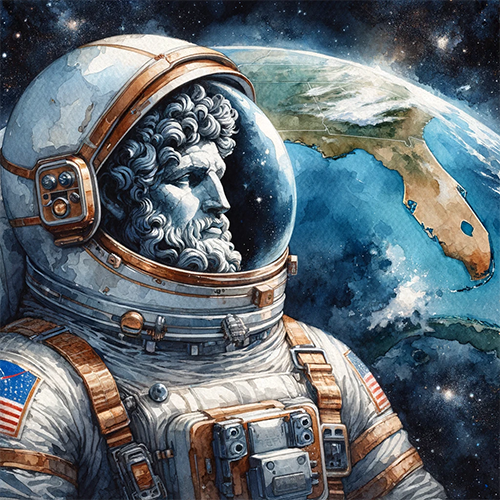
Let this, not disasters of stupidity, be our legacy to future generations: a bold, yet wise pursuit of AI, steering humanity towards an era of unparalleled growth and discovery.

Ralph Losey Copyright 2023 – All Rights Reserved –. Published on edrm.net with permission.
Assisted by GAI and LLM Technologies per EDRM GAI and LLM Policy.


